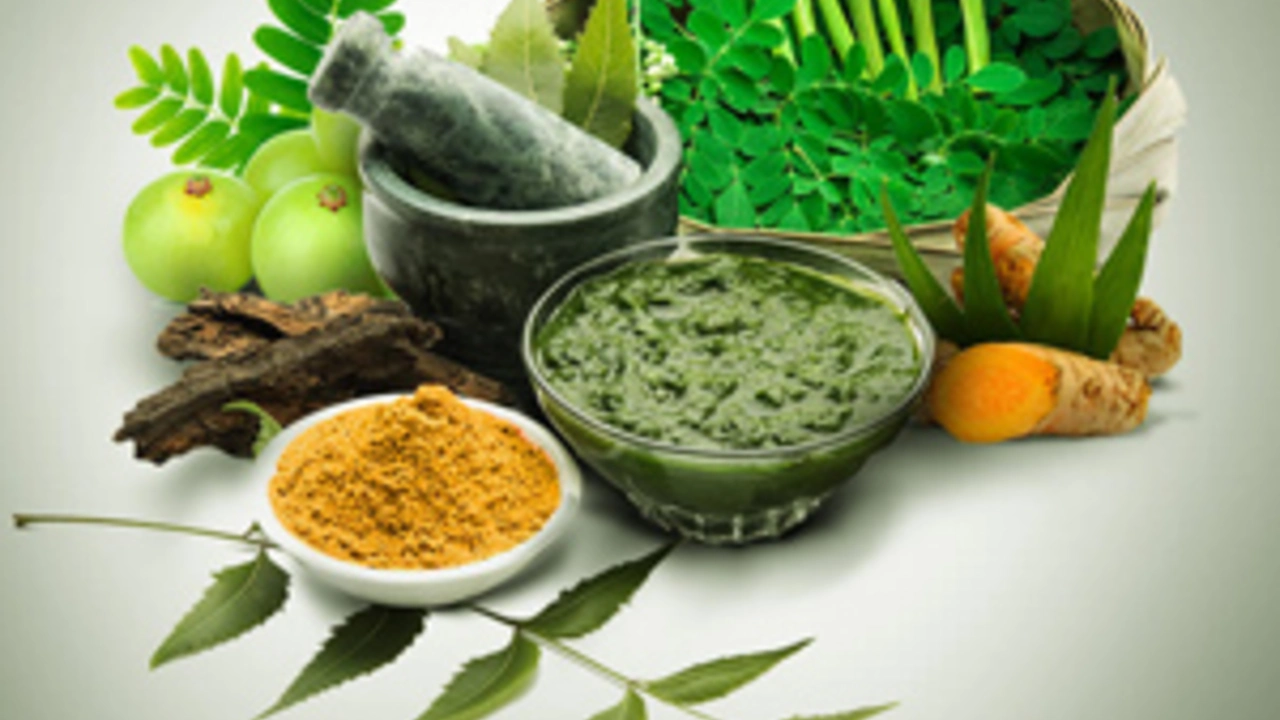Herbal Remedies: Easy Natural Fixes You Can Try Today
Ever wonder why grandparents swear by tea, tinctures, and poultices? They weren’t just superstitious – many plants have real effects on the body. The good news is you don’t need a pharmacy shelf full of herbs to start. A few kitchen staples or garden finds can help with headaches, digestion, sleep, and more.
Everyday Herbs You Probably Already Have
Ginger is a star for upset stomachs. Slice a few pieces, steep in hot water, and sip. It calms nausea without any meds. Peppermint works similarly for bloating; a few fresh leaves or a tea bag can relax gut muscles. For a quick sleep aid, brew chamomile tea. Its gentle sedative effect is perfect for winding down after a long day.
If you have a sore throat, a honey‑lemon‑garlic mixture helps. Mix a spoonful of honey with a squeeze of lemon and a crushed garlic clove, let it sit a minute, then swallow. The honey soothes, the lemon cuts inflammation, and the garlic adds antimicrobial power.
How to Use Herbs Safely
Even natural stuff can cause problems if you overdo it. Start with the smallest amount and watch how you feel. If you’re pregnant, nursing, or on prescription meds, check with a doctor before adding anything new. Some herbs, like St. John’s wort, can interact with antidepressants or birth control.
Store dried herbs in airtight containers away from sunlight – they stay potent longer. Fresh herbs are best used within a week; chop and freeze if you can’t use them right away. When you make a tincture (herb soaked in alcohol), label it clearly and keep it out of children’s reach.
Remember, herbal remedies complement, not replace, professional care. If symptoms linger or worsen, see a healthcare provider. Using herbs as a first line for mild issues can reduce reliance on over‑the‑counter drugs and keep your body feeling balanced.
So next time you feel a minor ache, glance at your kitchen cabinet before reaching for the pharmacy. A little ginger tea, a mint leaf, or a chamomile brew might be all you need to feel better, naturally and simply.

